Teaching students how to live democratically
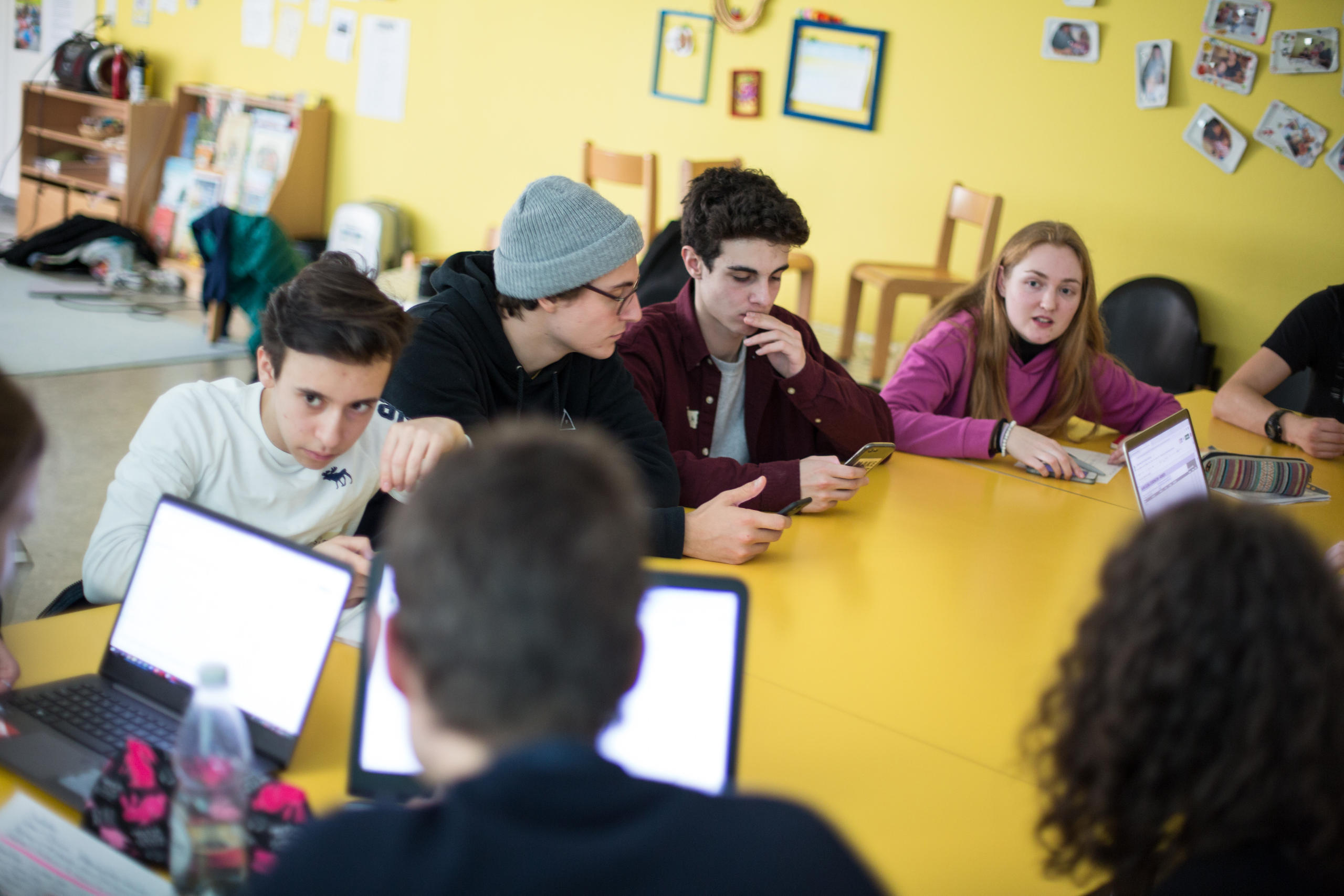
A new curriculum introduced at Swiss schools could better equip students to play a more active role in democracy, argues political scientist Monika Waldis.
It was quite a shock when Swiss students performed badly in the 1999 International Civic and Citizenship Education StudyExternal link (ICCS). Not in physics or biology, but in political education. The situation was the same in 2010. In 2016 Switzerland didn’t take part – for cost reasons, authorities claimed.
For a country that prides itself on being the world champion in direct democracy – in no other country can citizens vote so often – this was a wake-up call.
#Dear Democracy
This text is part of #DearDemocracy, a platform on direct democracy issues by swissinfo.ch. The views expressed in this article are solely those of the author and do not necessarily reflect the views of swissinfo.ch.
As a result of the ICCS finding, Switzerland rebooted its political education curriculum, the basis of which is now anchored in the new “Curriculum 21” for primary and secondary schools. The aims can be summed up as “political competence”.
“There are some things in politics that can be learned like in maths, a foreign language or another subject,” says Monika WaldisExternal link, head of the Centre for Political Education and Didactics of History at the FHNW School of Education, which is linked to the Centre for Democracy Studies AarauExternal link. For example, she says, one needs “a basic knowledge about which institutions exist, what the separation of powers is, and why human rights are so important. Students should also know about political processes and have the possibility to introduce their own interests into a discourse.”

Political participation
That sounds all well and good, but Waldis warns people not to get their hopes too high, since Curriculum 21 provides for only one political education class a week.
So which political skills are we talking about exactly? In the civic education classes of the 1970s it was all about teaching people how to fulfil their civic duty, i.e. going to vote. Political education for the current generation is broader and aims to lead to political participation, including in civil society. To this end, Waldis says students should acquire not only basic knowledge but also the ability to make judgements. This means learning how to read political information, critical analysis and an increasingly independent stance on political issues.
The new curriculum also addresses the ability to cooperate and communicate, to analyse and solve problems, to criticise and reflect on an issue, reach consensus and be able to defend an argument.
“Political education gives young people the skills to take their own decisions and form their own opinions on political issues. This can result in one young person striking for the climate and another deciding not to,” Waldis says.
The new curriculum counters right-wing accusations that left-wing political education teachers instil pupils with rebellious ideas, since its aim is that individuals take responsibility for determining their own democratic action.
Professional life
Today the focus of education is “employability”, the ability of young people to stand out in the job market, Waldis says. In an ideal world, she says political education would be recognised as a resource just like the sciences or IT subjects, which are strongly promoted by schools.
“Political education covers issues of democratic coexistence and reflecting on social values and norms, plus the ability to judge,” she says. “But if you look deeper it also contributes to employability. In job advertisements, communication skills, team culture, problem-solving skills, interdisciplinary collaboration, co-creation of processes and structures are often cited as desirable skills.”
Curriculum 21
School education in Switzerland is based on three pillars:
1. The new Curriculum 21 is a sort of roadmap, containing the learning objectives for teaching in schools. Scope: nationwide.
2. The teaching materials. They contain the learning material that teachers are to use with their students in class. Cantons can set their own priorities in the teaching material.
3. The teachers. They implement the learning material in the classroom based on the learning objectives. Here, the commitment of teachers is crucial.
Challenges
When it comes to implementing all this, Waldis recommends that as well as passing on knowledge and facts, teachers use role-play where students can, for example, be reporters talking to politicians or politicians debating and making laws.
However, several nuts remain to be cracked. Waldis hopes that the staff learning how to teach the new syllabus will receive the necessary support.
“They need to be very well informed because the students will ask tricky questions. Their specialist knowledge must go above and beyond what’s in the textbooks,” she says.
Another hurdle is federalism: implementing these learning targets is ultimately up to the education departments of Switzerland’s 26 cantons. It remains to be seen whether this new form of political education actually has the required momentum.
One thing that remains for sure is that the success or failure of classes will depend on the commitment and involvement of the teacher.
Adapted from German by Thomas Stephens

In compliance with the JTI standards
More: SWI swissinfo.ch certified by the Journalism Trust Initiative












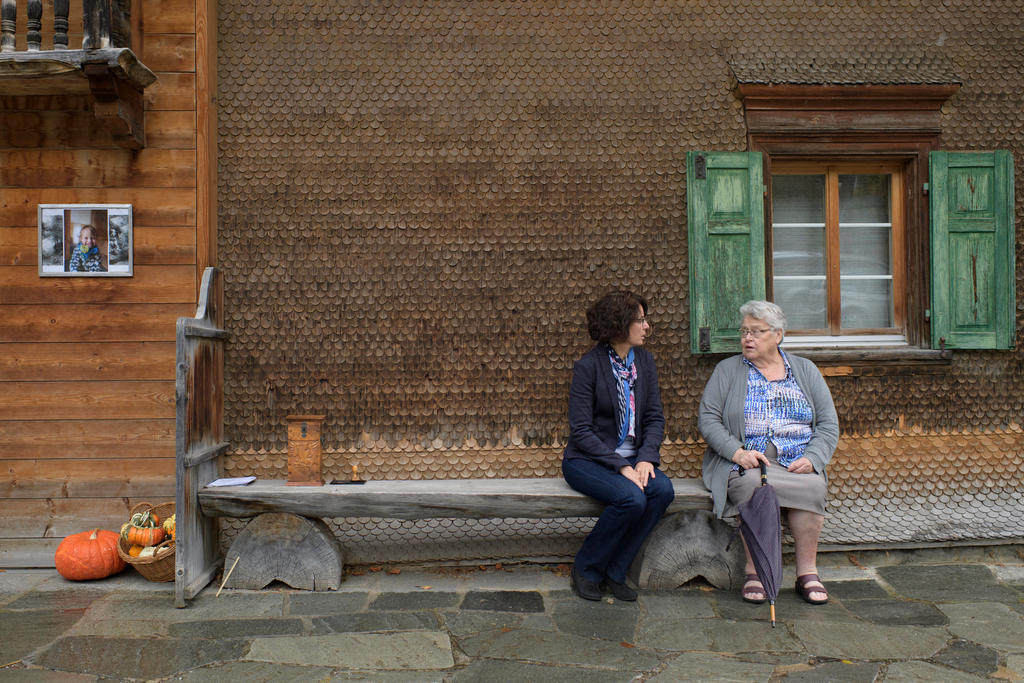

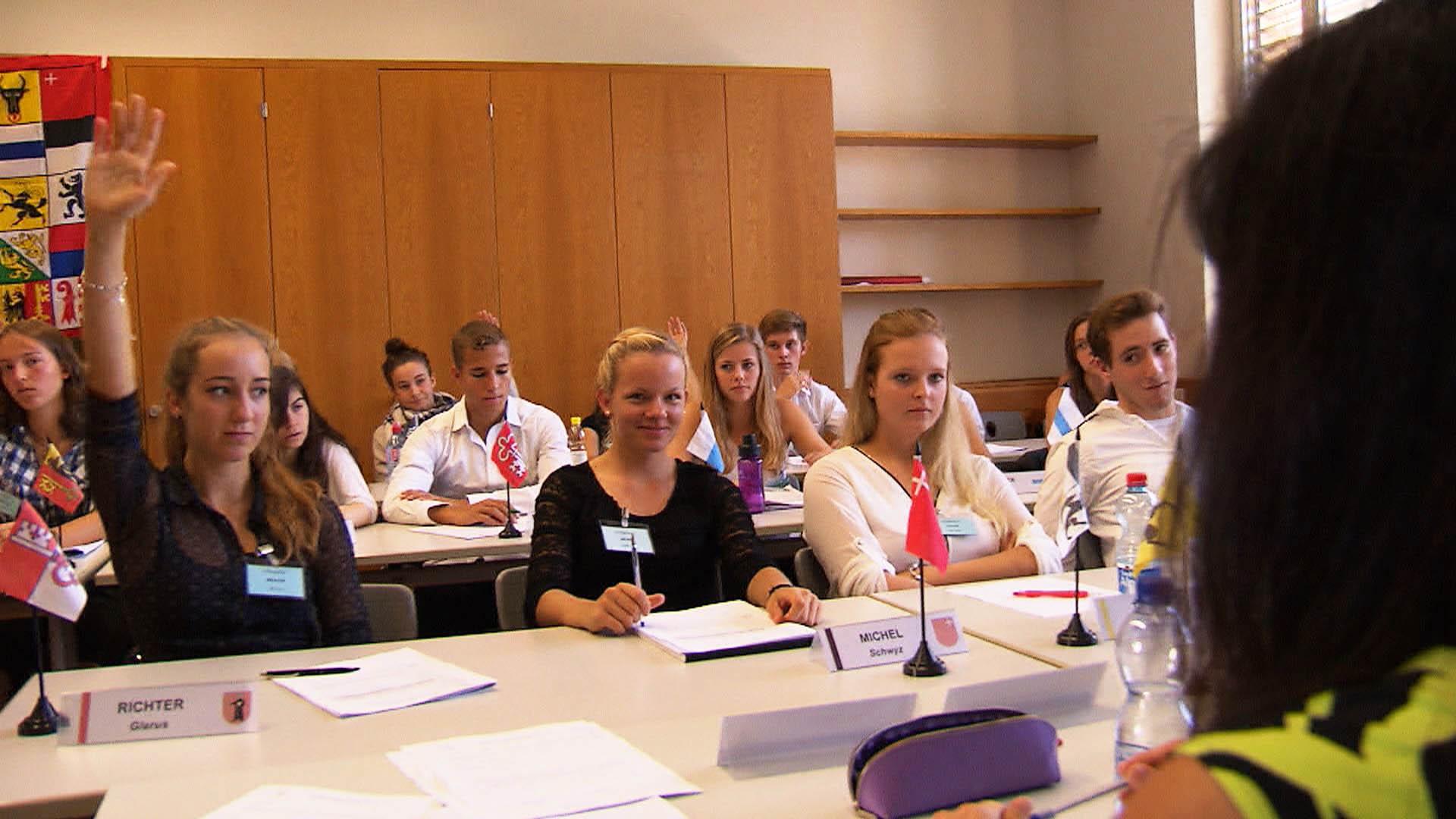
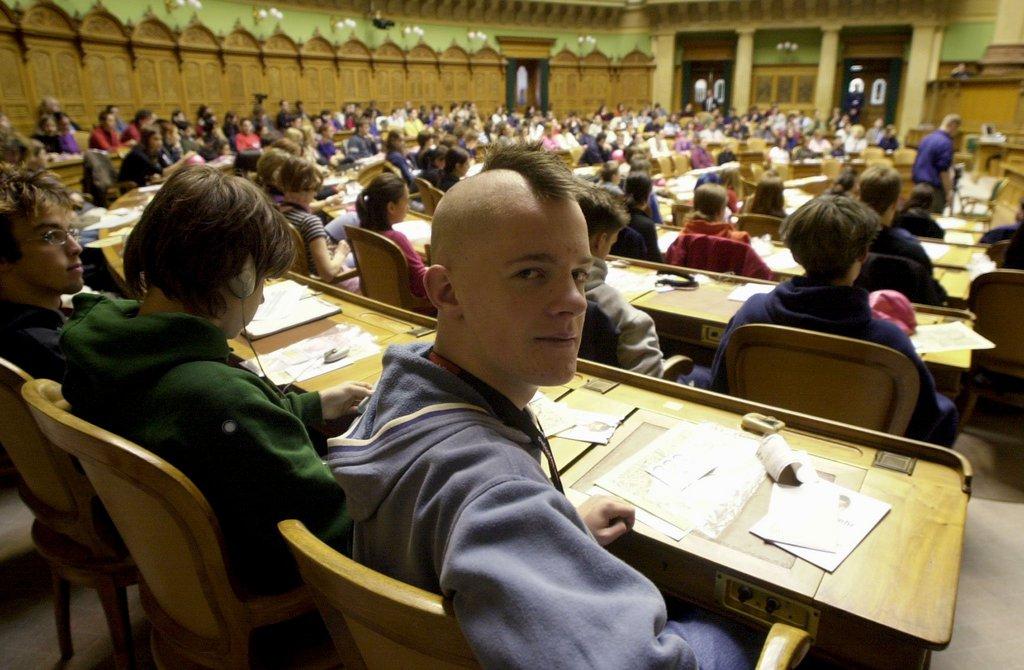
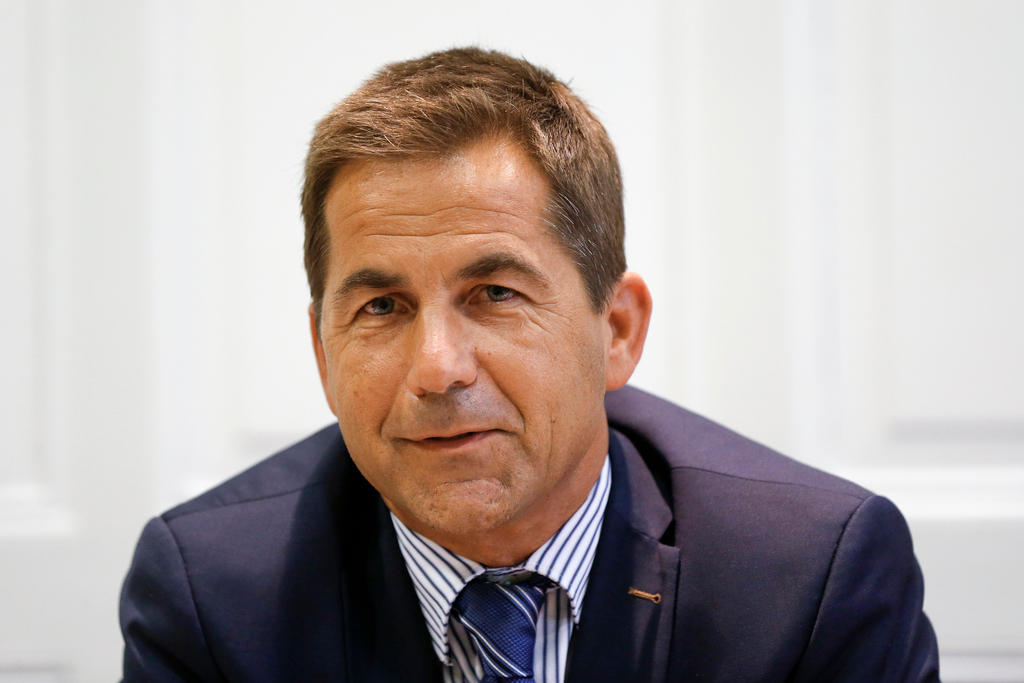
You can find an overview of ongoing debates with our journalists here . Please join us!
If you want to start a conversation about a topic raised in this article or want to report factual errors, email us at english@swissinfo.ch.